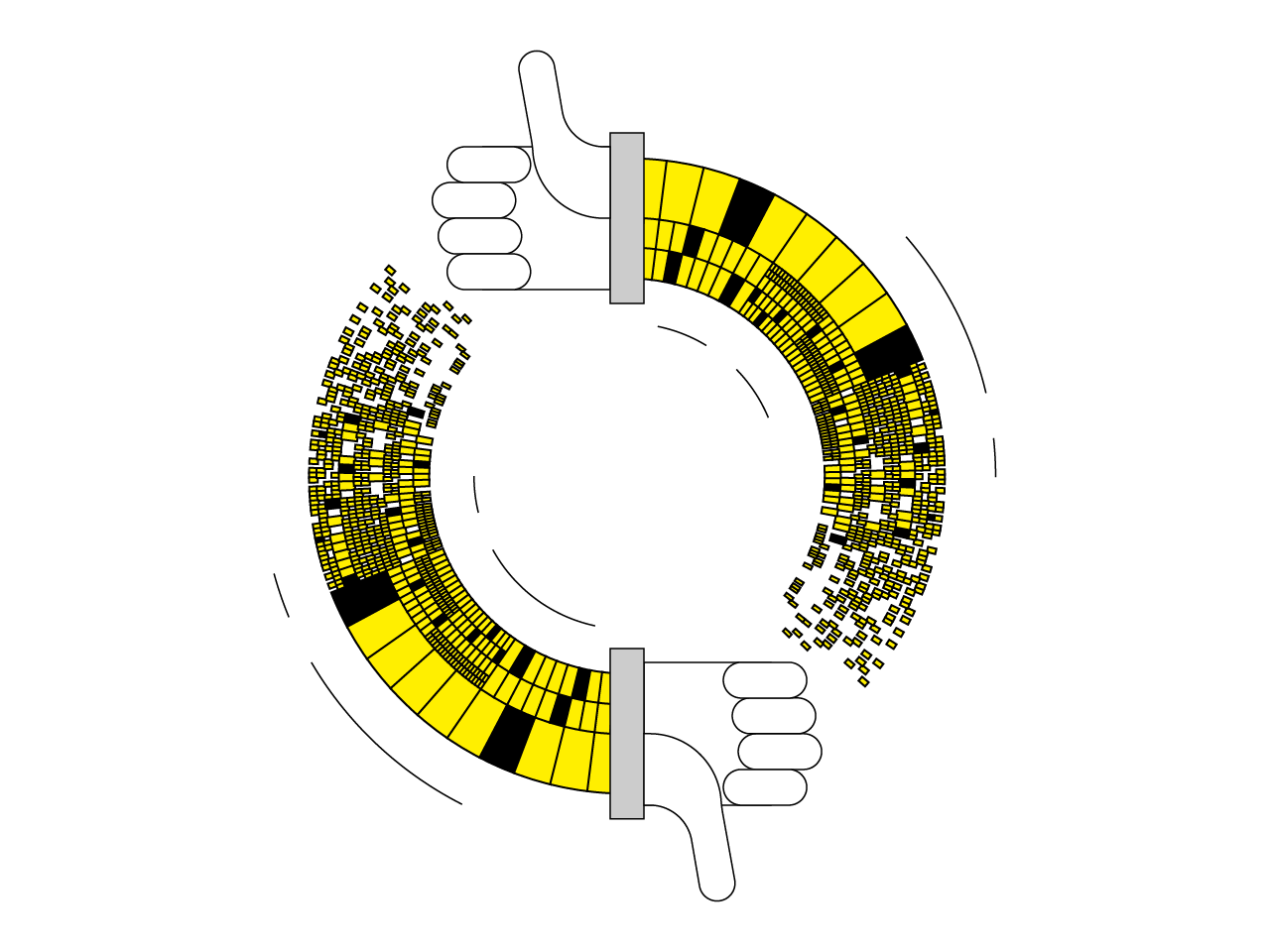
Misunderestimating openness – Open Future

James Boyle • Misunderestimating openness – Open Future
having failed to make openness illegal using state power, the oligopolists are now trying to make it irrelevant using private power, network effects and hard-wired filters.
James Boyle • Misunderestimating openness – Open Future
Open systems – free speech, democracy, open content, open science – will sometimes produce results we do not like. That openness, of course, will be used by the powerful as well as the powerless. There will be cruel speech, bad democratic decisions and uses of openly licensed content with which we disagree. Thus, it is very easy to blame openness. ... See more
James Boyle • Misunderestimating openness – Open Future
antitrust, competition policy, interoperability mandates, better privacy regulation and a popular movement towards a more decentralized political economy and a less captured bureaucracy in Brussels and Washington
James Boyle • Misunderestimating openness – Open Future
James Boyle • Misunderestimating openness – Open Future
Each wave of openness – universal franchise, free speech, the movement for an open web, open access content – helps to solve one set of problems and immediately focuses attention on others,
James Boyle • Misunderestimating openness – Open Future
licensing inside the walled gardens. We wanted flexible licensing tools that would enable creators to share with strangers, and make money if they chose to do so. Those tools now exist, albeit in a form that’s far from ideal. Creators on TikTok and YouTube are making money, sharing stuff they create, and doing so in a relatively frictionless way. T... See more
James Boyle • Misunderestimating openness – Open Future
Copyright nearly killed the open web, in fact. Until the 11th hour of international decision-making on the subject, copyright law in both the US and the EU was going to make all intermediaries on the web, from search engines to internet service providers, liable for all copyright infringements that traveled over their networks, whether they knew ab... See more